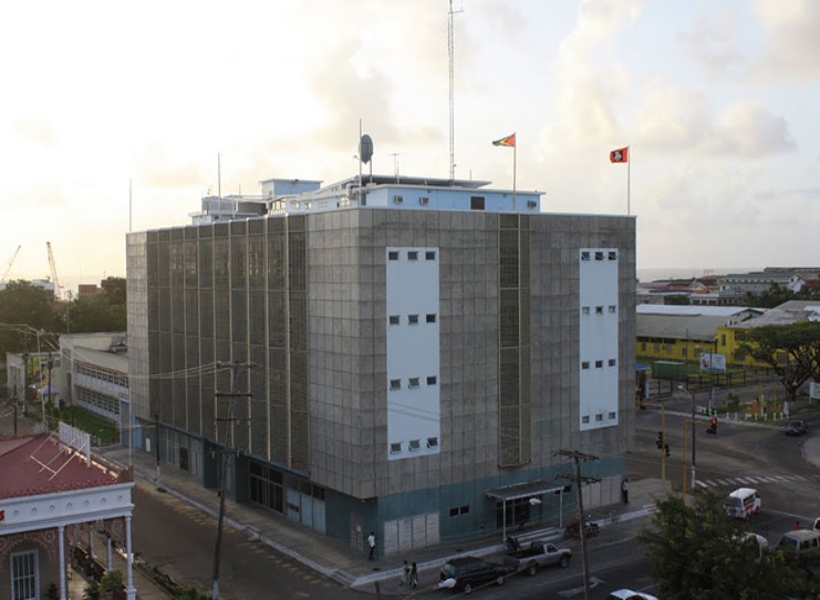Guyana’s financial ecosystem is undergoing a significant transformation, according to the US state Department. In a recent report it has noted that while cash remains the predominant mode of payment for most financial transactions, the increasing adoption of credit cards and mobile payment options is reshaping how people manage their money.
While not specifically mentioned in the report, Mobile Money Guyana (MMG), a service introduced by the Guyana Telephone and Telegraph Company (GTT) in 2013 is one of the drivers behind this change. Users are able to pay for a wide range of goods and services, including utility bills, groceries, and retail purchases, directly from their mobile devices. Additionally, MMG supports instantaneous money transfers to friends and family across Guyana, offering a reliable and secure option for quick transaction in both coastal and rural regions.
MMG’s role extends beyond individual consumers to businesses as well. By enabling merchants to accept mobile payments, MMG promotes a cashless transaction environment, which benefits both businesses and customers by streamlining the payment process. This shift is especially significant in a country where banking services, though widespread in urban areas, have limited penetration in rural regions.
Moreover, many banks are focusing on integrating and improving online banking applications to provide seamless and cashless transactions.
The US State Department’s report also highlighted good prospects about Guyana’s banking sector. It noted that the Bank of Guyana (BOG), the central regulatory body that oversees the financial sector, conducts regular stress tests to assess the resilience of licensed depository financial institutions (LDFIs), with recent results indicating a well-capitalized banking sector.
Recent data from the report also shows that Guyana’s banking stability index improved from 0.38 to 0.92 by mid-2022, driven by enhancements in asset quality and bank profitability. The reduction in non-performing loans, which fell to 6.1% from 10.2% at the end of June 2022, further underscores the sector’s stability.
Foreign currency transactions in Guyana decreased by 7.2% as of mid-2022, however, private sector credit experienced a 7.5% growth, with expansions across various sectors except mining. It noted that this growth highlights the private sector’s expanding role in the economy and underscores the need for improved access to finance.
Furthermore the report noted that Guyana’s banking landscape includes six commercial banks and two licensed investment banks. Foreign banks are permitted to provide domestic services or enter the market with a license from the BOG. Also, there are no restrictions on foreigners establishing bank accounts in Guyana, which supports the country’s openness to international financial participation.
Recognizing the need for improved access to finance, the Government of Guyana is considering legislative measures to enhance capital markets. Proposed legislation aims to enable banks to factor companies’ invoices when making loans, potentially reducing the bureaucratic hurdles that currently impede financial transactions. The State Department’s report indicated that this legislative push could facilitate more dynamic financial intermediation, aiding both businesses and private citizens in accessing necessary financial resources.
As the country continues to develop its oil resources, the financial sector’s stability will be crucial in managing the economic impacts, according to the State Department. This context, it said, is vital as Guyana navigates its evolving financial landscape, balancing traditional cash-based transactions with the growing prevalence of digital payment methods.











